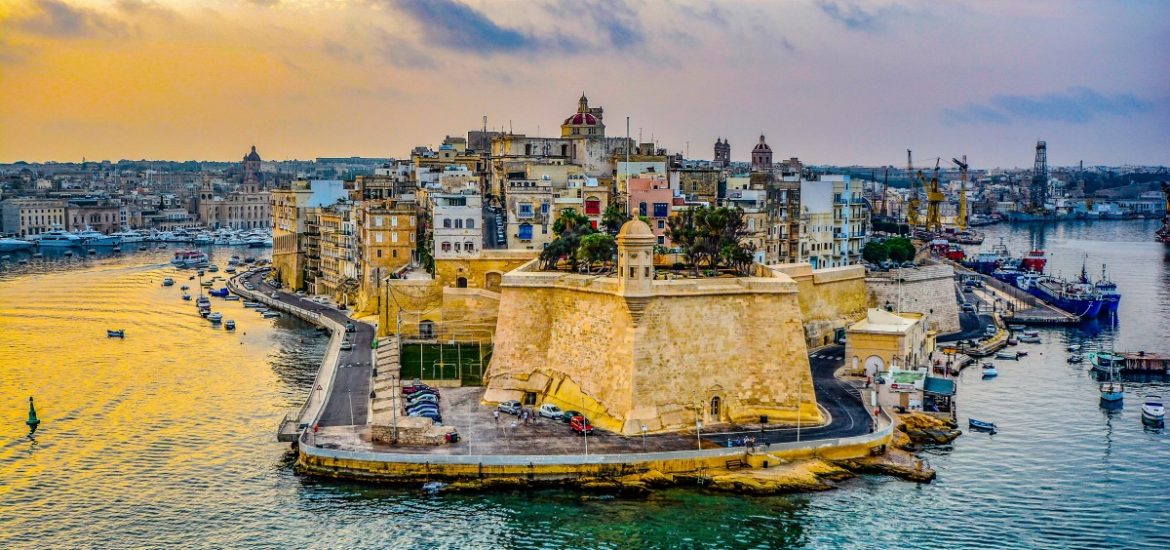
Energy security in Malta is becoming an increasing focus of debate with imported electricity prices rising last year as a sole undersea interconnector cable from Sicily links the islands to the European grid.
Malta is probably the EU’s least connected country with LNG imports currently arriving by ship.
Maltese energy minister Joe Mizzi told parliamentarians last week that the price of electricity provided by the interconnector rose by 25 per cent last year from 2016.
Energy tariffs “would have shot through the roof” had the government not recently built a gas-fired power station, former energy minister Konrad Mizzi said in parliament.
He said that without the new power station, Malta would have had to rely on oil shipments and on the interconnector, and the prices of energy from both sources had risen substantially compared to gas.
Energy minister Joe Mizzi said the completion of the power station project had cleared the way for the government to focus on its next major energy project, the €322-million gas pipeline from Sicily.
The authorities said Malta relied on the interconnector for 47 per cent of electricity in 2015, the year it was commissioned, rising to 68 per cent in 2016.
While specific prices were “commercial considerations”, Joe Mizzi said nine LNG shipments arrived since November 2016 in order to meet energy needs.
Times of Malta reported that the €450 million gas-fired power station had a number of faults that had caused inefficiencies, according to the chairman of the main Maltese electricity supplier, Enemalta.
Prime Minister Joseph Muscat defended the installation last month, saying and “without the new power plant, we would have been 24 megawatts short, meaning an area the size of Gozo would have been blacked out”.
Enemalta is committed to buying power from the power station, operated by Electrogas, for 18 years under a government contract. Meanwhile, Malta’s proposed gas pipeline to Sicily is a project of common interest (PCI), as designated by the European Commission.
The pipeline is still in the planning phase with permits scheduled to be issued in 2020. EU-funded environmental impact studies, costing around €8 million, have to be completed first. A target for the entire pipeline’s completion has been set for 2024.
The project is due to scrutinised by MEPs on the European Parliament’s energy committee this week.
Malta is hoping to reduce its dependence on fuel shipments. Picture credit: PXHere





